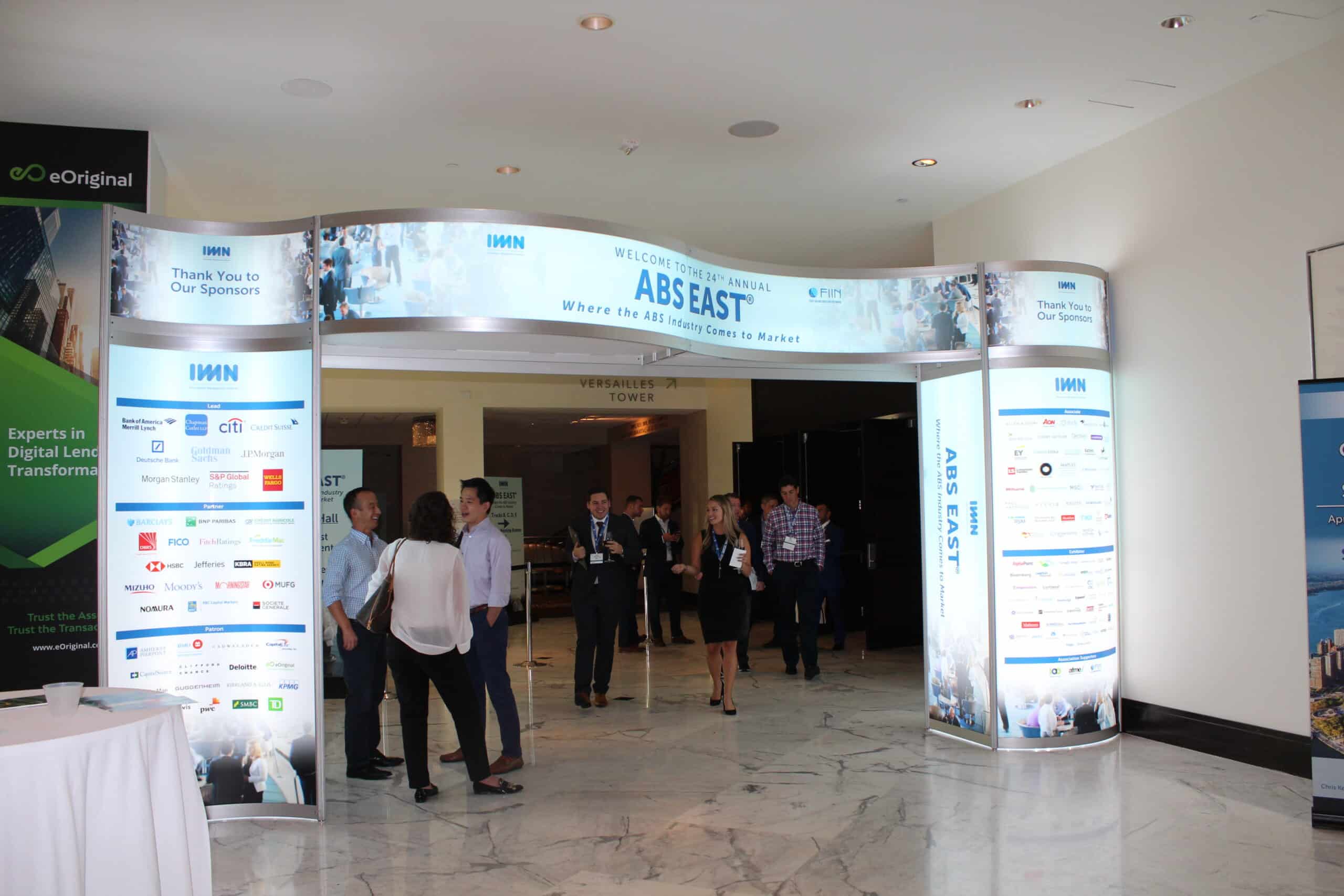Industry Veteran Ballinger Sets Out to Establish Blockchain Standards
Selling a service has become more important in the auto industry than selling a product, Chris Ballinger, chairman, and chief executive of Mobility Open Blockchain Initiative, told Auto Finance Excellence.
With a decade of experience serving as Toyota Financial Services’ former chief financial officer and Toyota Research Institute’s former head of mobility services, Ballinger understands the industry’s need for what he calls a “mobility ecosystem.”
“It starts with a community,” Ballinger said. His new venture — called MOBI, for short — is dedicated to fostering a community to develop automotive uses for blockchain to make mobility safer and more accessible. The consortium will work to ensure OEMs can use blockchain-based services to provide data security, manage rideshare and carshare transactions, and store digital identities for vehicles coming to the lot.
MOBI participants include OEMs BMW, Ford, General Motors, and Groupe Renault, as well as Beijing-based mobility technology company FutureMove Automotive. EV manufacturer Faraday Future and KAR Auction Services joined the consortium in late July.
AFN spoke with Ballinger about his goals for the consortium, and how he plans to leverage blockchain — a digital decentralized public record used to store transaction data across many computers — to advance mobility solutions for auto finance.
AFN: What has the consortium accomplished, and what goals are in the works?
CB: The initial goal was just to get the story out there, start a community of core companies who were interested in working this intersection of mobility services blockchains. We exceeded our wildest expectations. Within 48 hours of the announcement, there were over 200 news mentions and stories about us — some incredibly generous support. Immediately, one of the goals became dealing with the flood of interest that we had generated. We had hundreds of inbound emails asking to join or how to participate or wanting more information. We’ve been able to add a lot of new members and grow.
AFN: Why do you think MOBI received such an overwhelming reaction?
CB: No. 1, the timing was right. There’s a huge amount of hype around blockchain technology. There’s a lot of anticipation that this will be the next big thing in tech, the new internet. Blockchain will be a chance to fix some of the things that might be lacking in the industry.
No. 2 was that we focused on something that was a little different than what a lot of the focus was on the industry. Go back a year or two, and you see a lot of focus on tech. Somebody is introducing a new consensus mechanism, a new protocol. We said in our announcement, effectively, maybe it’s not so much about the tech, maybe it’s really about the ecosystem.
AFN: What do you mean when you call MOBI a mobility ecosystem?
CB: It is about the community. It’s about putting the people with transactions in this mobility ecosystem and getting them together early on. The community must create standards for how blockchain could work. A lot of the companies we brought in were companies that were already working and had already concluded that this was a tremendously powerful technology, but they really didn’t have any way to see this is a technology that — like internet, email, smartphones, and fax machines — really requires everybody to be involved, everybody to be on the network before it has its powerful effect.
AFN: How can captives benefit from the use of blockchain technology?
CB: Through the concept of smart contracts, nance companies will fund more contracts and enjoy easier title transfers using blockchain technology. The idea is that if you put an asset on the blockchain to show ownership, you can make that conditional. And, for auto leasing what that might mean is if the contract is not kept and the leasee does not perform, then you can have the ownership revert to the lessor. You have a way of doing the title and transfer automatically and cheaply without going through a whole process with a middleman service.
AFN: How does MOBI seek to set automaker standards for blockchain?
CB: We’re talking about vehicle-to-vehicle communication to make cars safer, to make autonomy work better, for example. To communicate information about potential obstacles, things that might be dangerous situations. There needs to be ways for the vehicles to communicate not only between cars, but with infrastructure, too. We need well-developed standards to do that.
In the blockchain world, none of that exists yet. It’s about creating a single standard and language. If every manufacturer tries to produce their own language, then nobody will understand that language. No kind of agency — for example, no toll authority or road infrastructure provider — would have the patience for trying to gure out 10 or 15 different languages of big manufacturers and be able to incorporate them all in their process.
It’s important for the automakers to step up and think about this and to set their own standards and to keep themselves as central and as important to these emerging agencies.
AFN: What lessons did you take from your past experiences with Toyota Financial Services, and how will you apply those at MOBI?
CB: There are a lot of lessons, not all of them direct or obvious. One thing is the financial services arms of the automakers are really the only place where OEMs participate directly in the service economy. If the product they’re selling is a service, a financial service, most of the other arms are involved in manufacturing or sales and not really selling a service. So, MOBI is very much focused on our service economy, in particular the economy of new mobility, which is increasingly mobility as a service, mobility on demand, connective mobility, and per-usage mobility.
Editor’s note: This interview was originally featured in the September issue of Auto Finance News.















